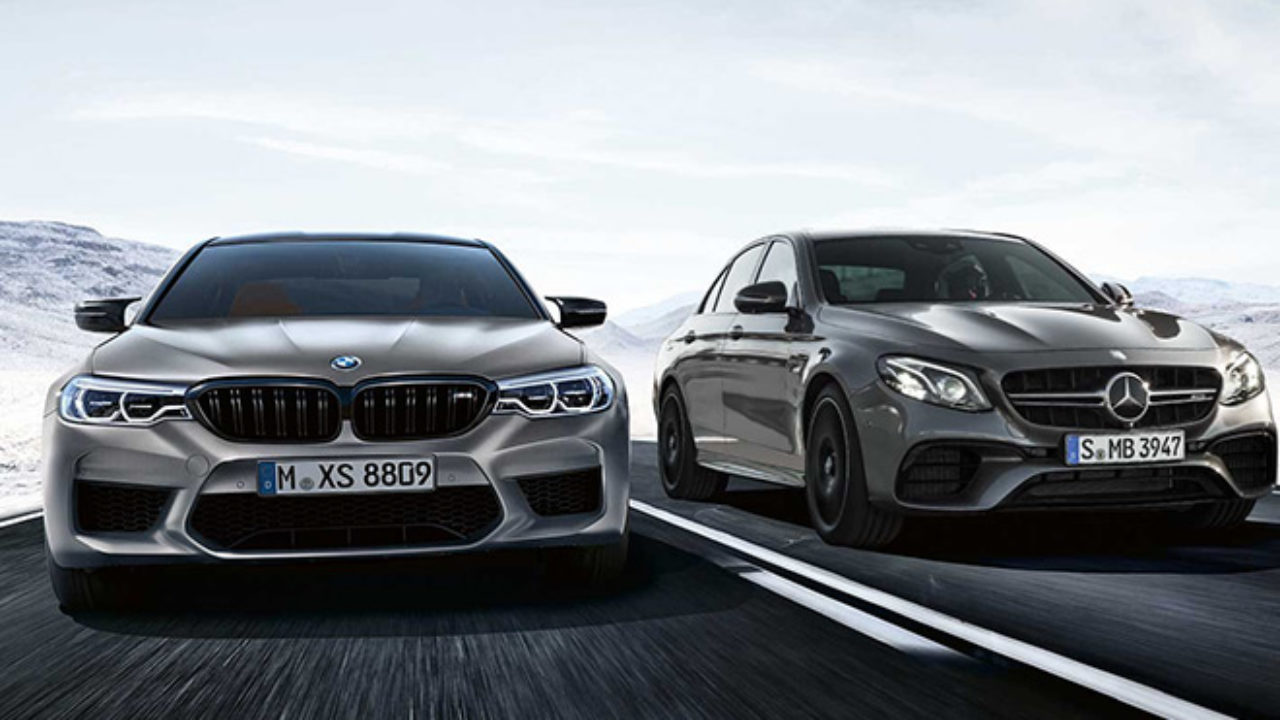BMW and Mercedes continue to rely on combustion engines
The Munich-based carmaker BMW, as well as Mercedes-Benz from Stuttgart, will stick to combustion engines for a long time.
According to the report, BMW will continue to use petrol and diesel engines in its vehicles until "well into the next decade", primarily for the X series. In addition, a new vehicle platform is being planned for the period after 2027, which can also continue to be equipped with combustion engines.
According to the report, Mercedes-Benz has also left a loophole open, as they want to switch to e-vehicles as far as possible - but only where market conditions permit. The Handelsblatt has learned that the M176 V8 engine is to be reworked and brought onto the market in a more modern version. However, neither Mercedes-Benz nor BMW, which are officially focusing strongly on electrification, confirmed these theories. What is known, however, is that Mercedes will cut its investments in combustion engines by 80 per cent by 2026.
The reason for sticking to conventional engines could be the sluggish sales of electric vehicles in some large markets, where the infrastructure is currently still holding back electrification. China and the USA are striving for electrification, but a possible end to combustion engines has not yet been determined. Furthermore, the so-called "combustion engine ban" in the European Union is currently on hold because the FDP, among others, as a member of the German government, is insisting on e-fuels as an alternative - even if this does not necessarily seem sensible from today's perspective for many reasons.
But it is not only the commitment to zero-emission vehicles for the future that has already prompted many manufacturers to go completely down the path of electrification. The planned Euro 7 emissions standard is associated with significantly stricter specifications for the emission of sheep's milk and could force many currently common petrol and diesel engines out of the market due to the new regulations. Handelsblatt aptly calls the move by the two major car manufacturers to nevertheless continue to rely on conventional engines a "combustion engine bet".
However, Renault boss Luca de Meo firmly believes that even in 2040, one in two of all cars worldwide will still have a conventional engine as their powertrain. The Handelsblatt also refers to a forecast according to which half of all newly registered vehicles in the USA could still be internal combustion engines in 2030. This plays into the hands of those who will continue to build such vehicles for a long time. "If the Munich-based company succeeds in keeping classic engines on the market alongside electric drives and fuel cells, it could achieve significantly higher unit sales than Mercedes and Audi," writes Handelsblatt.
